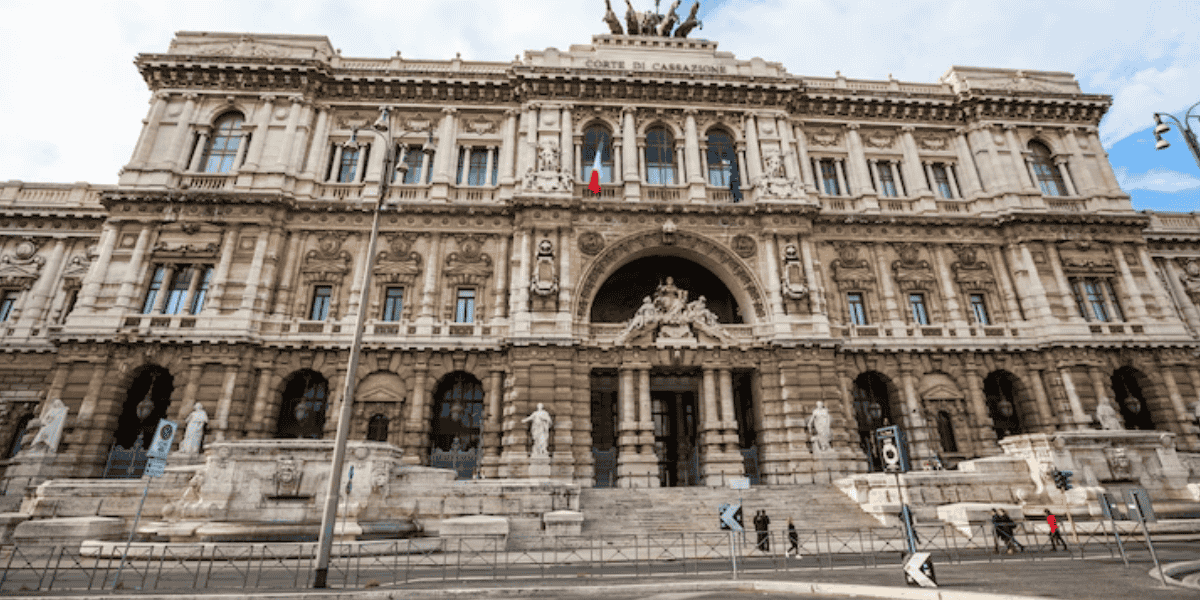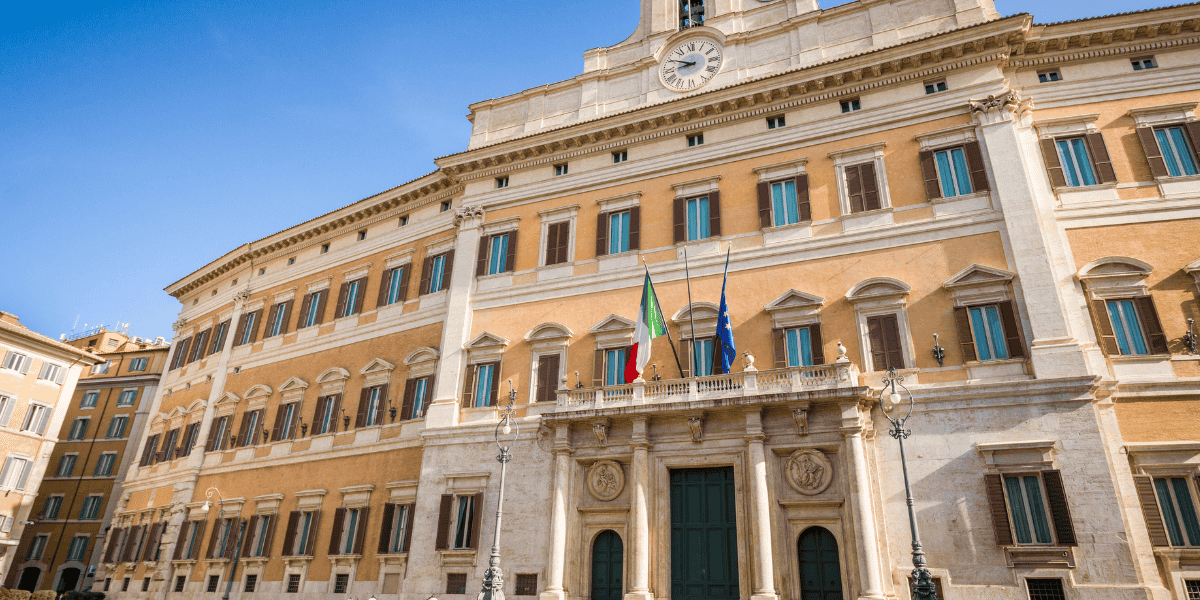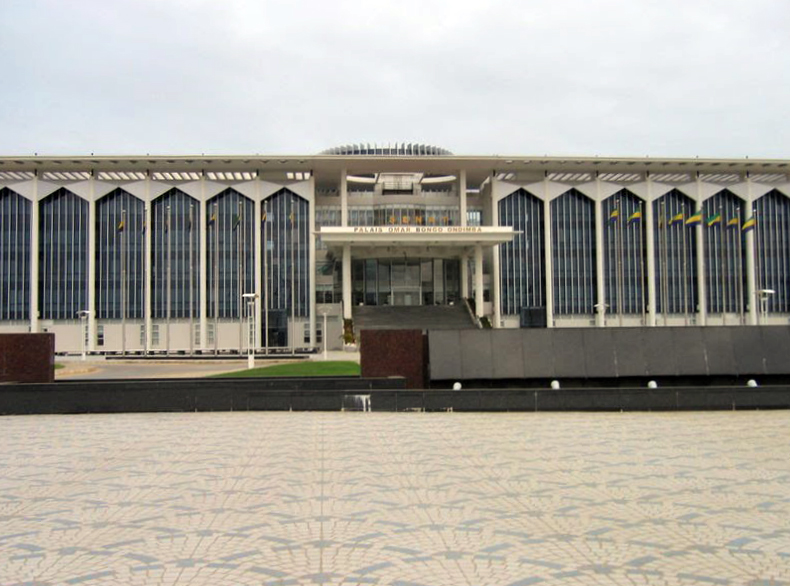On 27 July 2022, the IMF issued a report following the conclusion of discussions with Italy under Article IV of the IMF’s articles of agreement.
Italy’s economy has recovered from the drop in output during the pandemic and employment and labour force participation have been restored to previous levels. The economy is however affected by other problems such as the war in Ukraine and the continuing disruptions to global supply chains. These problems have led to higher energy prices and more general inflation with serous shortages of important products, accompanied by a slowdown in global demand.
The report notes that Italy needs to prioritise securing an adequate energy supply. Further problems are arising from a severe drought in part of the country and the resulting upward pressure on food prices. Italy must boost economic growth and strengthen public finances to meet the challenges from its social and climate objectives while also dealing with the high level of public debt.
In the near term, economic growth is expected to decrease and remain subdued owing to the Ukraine war, inflation and supply chain disruptions. The IMF is forecasting growth of 3% in 2022 with a sharp slowdown to only around 0.75% in 2023. Growth could decrease further if there is another increase in energy prices or worsening financial conditions.
Any difficulties in implementing the investments and reforms under the National Recovery and Resilience Plan (NRRP) could lead to weaker demand, reduced productivity gains and delays to EU financing. Any gains in external competitiveness could be eroded by continuing high inflation. Output could be further reduced by a complete suspension of imports of Russian energy. The IMF report welcomed the efforts to improve the security of energy supplies and recommended that any payments of compensation for the higher prices should be temporary and targeted to where they are most needed.
The IMF report notes that Italy should rationalise government spending, take measures to broaden the tax base and strengthen tax compliance. Reforms to public administration, civil justice and competition are required to boost economic growth and reduce public debt.
The IMF report notes that the government is commitment to the NRRP and has begun implementation of the Next Generation EU-related targets and milestones. Continued progress is required to boost labour productivity, investment, and potential economic growth. The green transition should also be accelerated. Success in the economic objectives depends on public investment and continuing momentum of reforms.
Improving the design of the carbon tax, ensuring that green investment incentives are more cost-effective and streamlining the approval procedures for investments in renewables can contribute to accelerating the process of decarbonization and strengthening energy security. The process would be helped by a coordinated EU approach to carbon taxation.
The IMF report encouraged continued work to strengthen the anti-corruption measures and the framework for measures on anti-money laundering and combating the financing of terrorism (AML/CFT).















